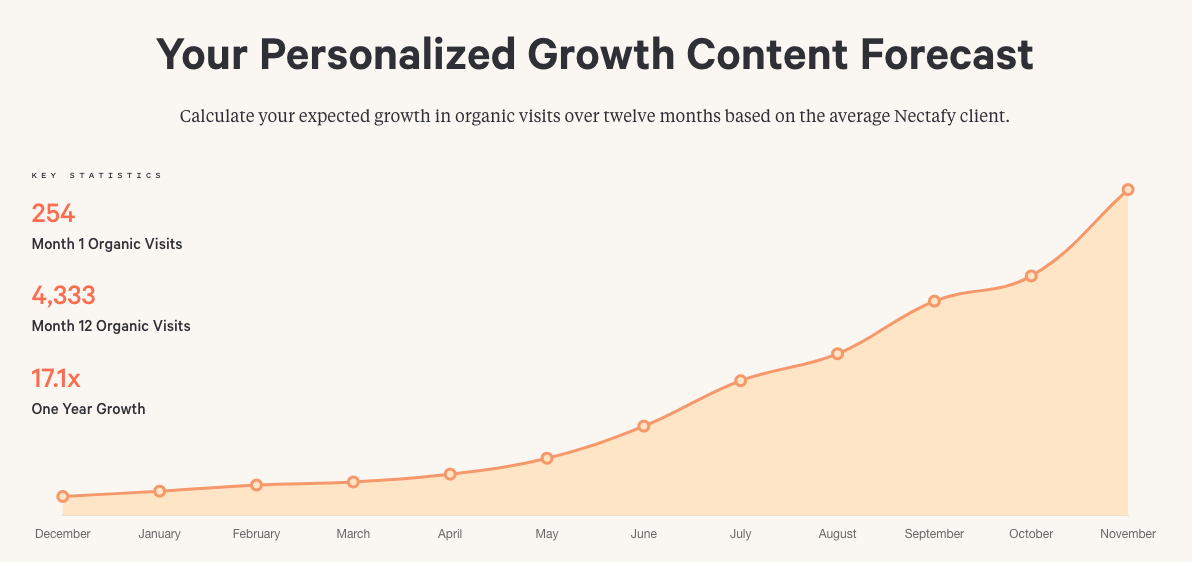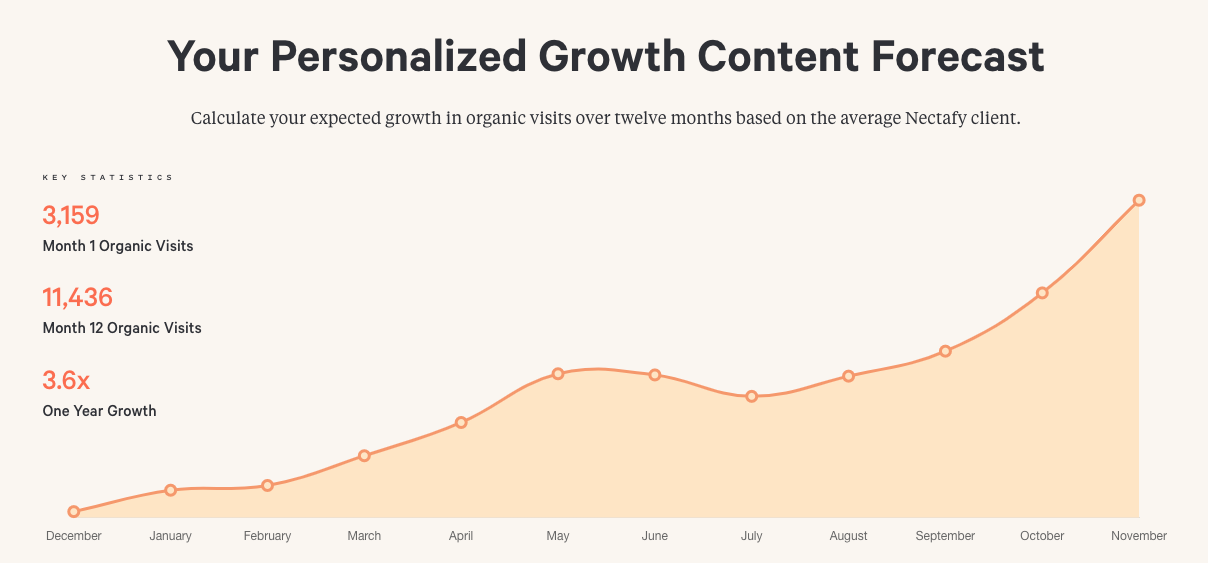How Long Does It Take For SEO To Work? [STUDY]



Organic traffic is the holy grail of any marketing strategy. Almost nothing is better than sitting back in your office chair and watching the traffic roll in and (hopefully) convert into sales.
But that can only happen after you’ve spent time on search engine optimization (SEO). The question is: How much time? How long does it take for SEO to kick in?
In this article, we’ll walk you through the results of our 17-website study, and provide a definitive answer on when most companies can expect to see their SEO efforts begin to bear fruit.
See Also: How Much Can You Increase Organic Traffic In 12 Months?
First, what did we study (and why)?
Our clients have always wanted to know: ”How long does SEO take?” Or, they may have asked some variant of this, including “How long does it take to get organic traffic?” or “How long does it take to rank in Google?”
The truest answer to this question is simple but somewhat vague—it depends on your definition of success. We knew we could do better than that. So, we set out to analyze websites from 17 past and present business-to-business (B2B) Nectafy clients for whom we had complete, accurate data to analyze.
Each of these websites wrote an average of 5.3 blog posts between 600 and 800 words in length each month. This equates to about 64 articles in the space of 12 months.
The experts at Nectafy are experienced SEO professionals who have helped grow organic traffic for a number of B2B websites. Contact us for a consultation.
So, how long does it take for SEO to kick in?
The answer to that question depends on your goals.
Would you consider SEO to be “working” if you saw increased traffic to your blog? For many companies, the goals are further down the funnel. They want to see an increase in sales from those who find the website organically.
If sales are your definition of success, and you’re operating in a niche industry with a high customer lifetime value, one client closing could justify your SEO investment for years. On the other hand, an e-commerce company with lower lifetime value clients could take years to justify an investment in SEO.
Plus, whether or not your organic visitors actually convert into customers depends in part on how well you’ve optimized your website for conversions. For this study, we consider SEO to be “working” if there is an increase in organic traffic.
How long does it take for SEO to work if you currently get 0 to 1,000 organic visits a month?
Companies with websites that get fewer than 1,000 organic visits a month are considered (by Nectafy) to be in phase 1 of their SEO journey. This stage is all about getting Google to notice you.
Our findings show that Google probably won’t notice you for the first six to nine months (and that’s if you have a sound SEO strategy!). But once you’re noticed, you’ll see exponential growth in organic visits. This happens because, when Google finally does take notice of your website, they rank your previously published web pages and your current content at the same time.
Phase 1 companies that implemented Nectafy's growth content program grew organic traffic 17x over the course of a year, on average.
- Average month 1 organic visits per month = 254
- Average month 12 organic visits per month = 4,333
Here’s a more detailed visualization of how you can expect traffic to grow over time, if you’re just getting started.

How long does it take for SEO to show results if you currently get 1,000+ organic visits a month?
Companies that get between 1,000 and 25,000 organic visits a month are in phase 2 of their SEO strategy. In this phase, you might see an inevitable dip. When this happens, you know it’s time to rewrite old content so that it holds rank, and organic visits will continue to grow.
Companies that implemented Nectafy's growth content program grew by 3.6x on average over the course of 12 months. Here’s the breakdown:
- Average month 1 organic visits per month = 3,159
- Average month 12 organic visits per month = 11,436

Across the whole dataset, when we mixed the results from companies in both phase one and phase two, we saw a 5.1x increase on average.
Traffic for companies in phase one will always grow faster than traffic for companies in phase two, because the starting number is so low that the increase appears greater. In reality, phase two is where you gain more raw visits, which are more impactful on your business.
Of the companies we analyzed, results from the slowest growing SEO strategy clocked in at twice the organic traffic growth by the end of the year. In this special case, prior to working with Nectafy they had suffered Google penalties, which left them with virtually no organic traffic. Since that first phase, they've since seen a 6x increase in organic visits in three years.
The fastest growing SEO strategy saw a 67x increase in organic visits—they went from 300 visits a month to over 20,000. This resulted in a 1,400% return on their investment (ROI).
See Also: How To Generate $2 Million In Sales With Growth Content
To calculate your company’s expected growth, check out our calculator:
How much could your company grow with growth content?
Calculate your expected growth in organic visits based on the average Nectafy client.
Get all these numbers in your inbox.
So, how long does it take for SEO to work? If you implement a solid SEO strategy , you’ll need at least a year to see results.
No matter what the starting point, it’ll take at least a year to see results at scale. Whether you’re already seeing organic traffic or you’re just getting started, you should expect to make a 12-month investment in optimizing content for search.
Whether you’re just taking your first SEO steps or you're reevaluating those you’ve already taken, Nectafy can help. If you’d like more information on our approach to growth content, set up a time to discuss SEO strategy here.

